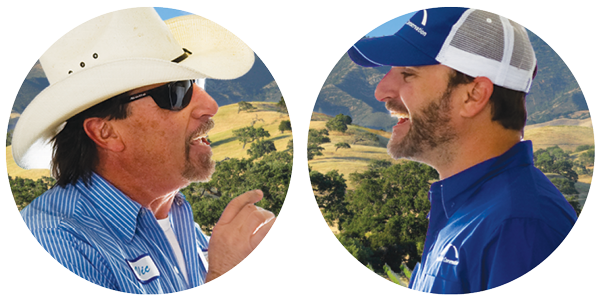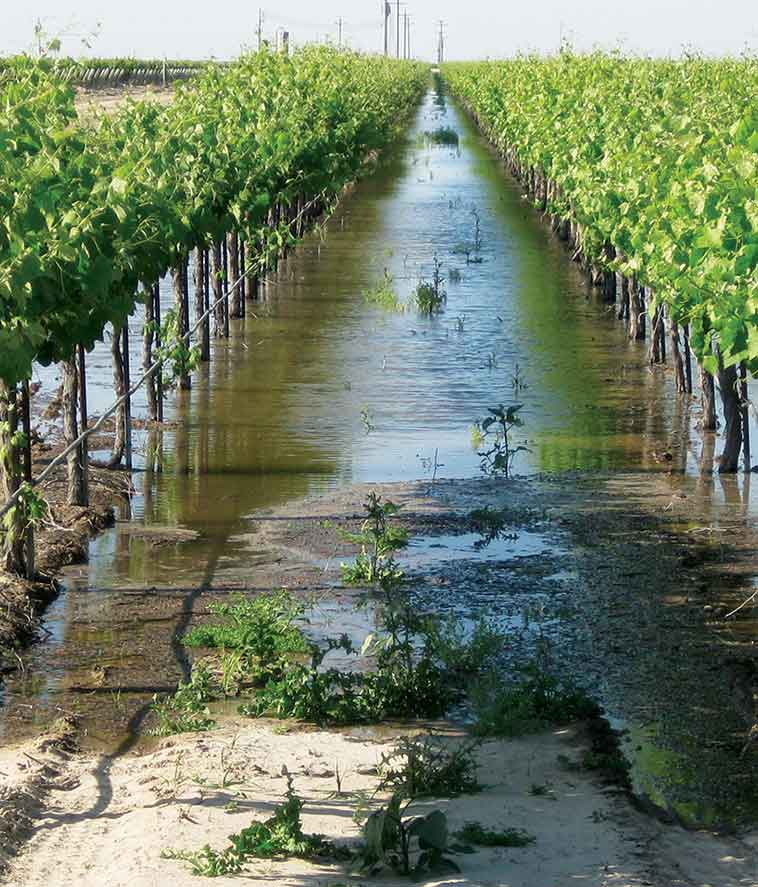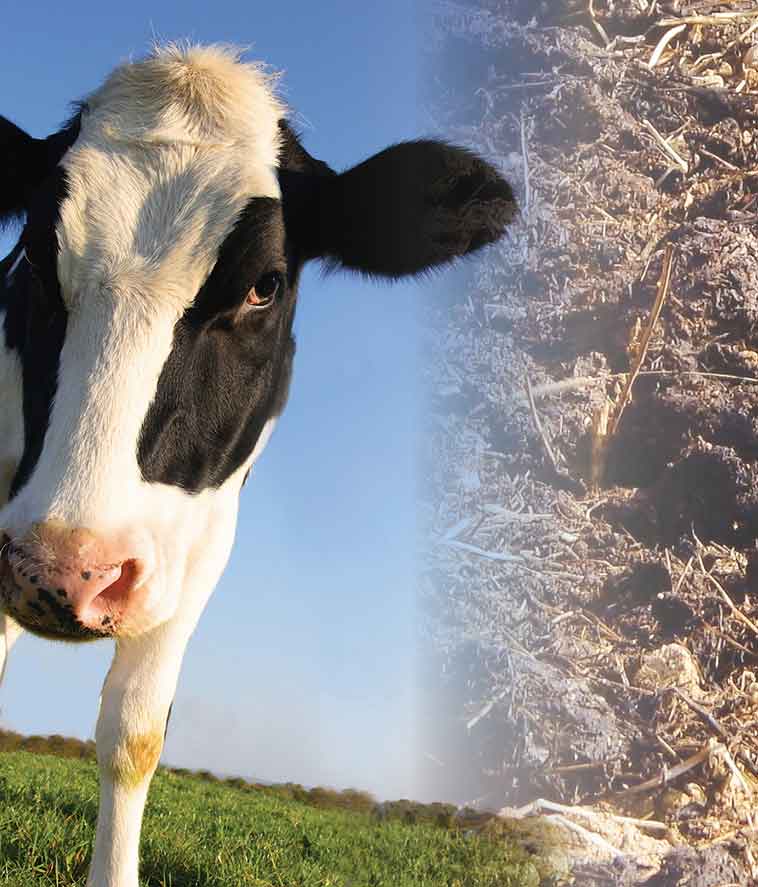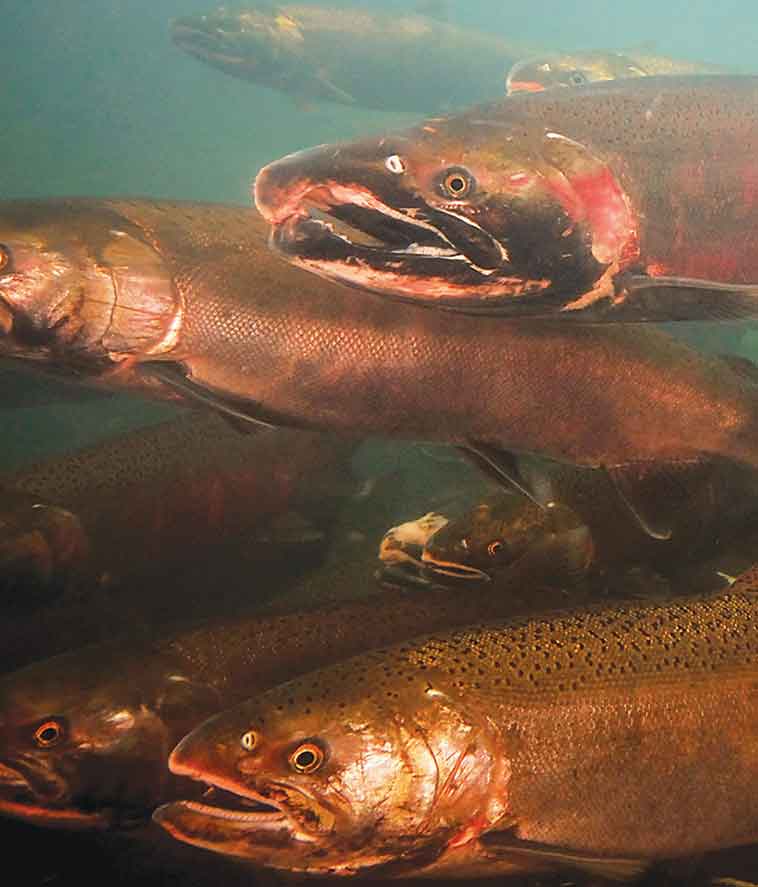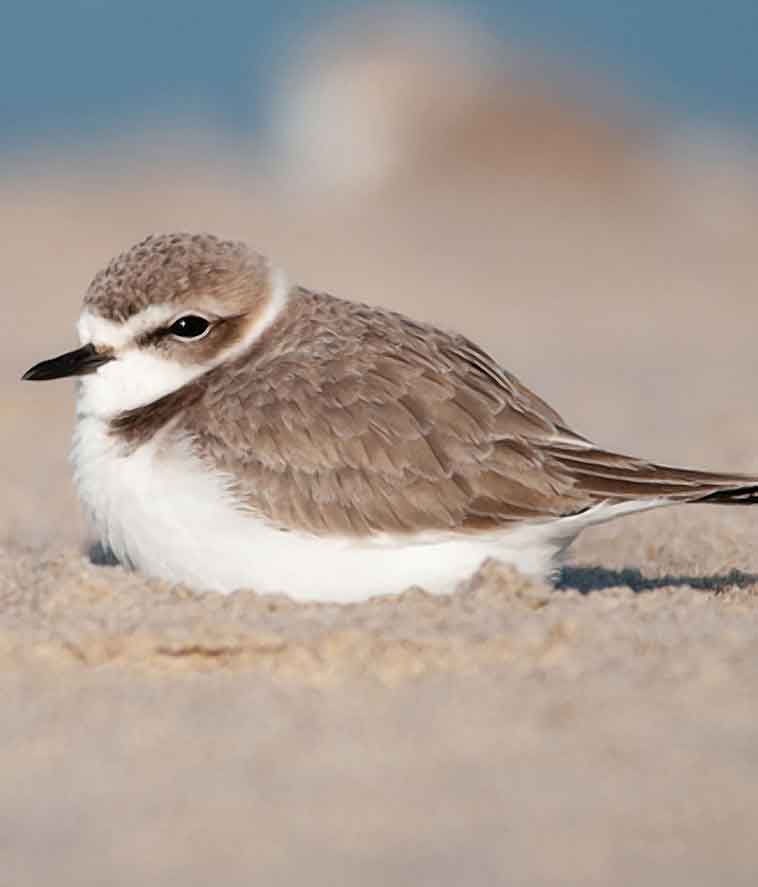WATER FOR THE FUTURE.
Pioneering drought solutions
REPLENISHING GROUNDWATER = DROUGHT BUFFER
California’s parched landscapes desperately need water. Through a technique we’ve been pioneering – along with farmers, irrigation districts, and researchers – we’re aiming to store water from wet seasons for dry times to come.
Flooding fields to “recharge” over-tapped subterranean water supplies has the potential to replenish up to 1/3 of the annual overdraft in parts of the San Joaquin Valley. This is great news for an area of California critical to feeding the nation.
Farmland recharge was seen as a crazy idea just five years ago, when Fresno County farmer Don Cameron diverted peak flood flows onto 1,000 acres of active cropland. Over winter and spring, he captured about three feet of water on his land and allowed it to percolate down to the aquifer below.
Thanks to your support, we now have a flood of interest in this method! Along with our partners – UC Davis and the Almond Board of California – many farmers want to demonstrate and evaluate this promising strategy to recharge our depleted groundwater. The number of farmers ready and willing to try this innovation continues to multiply, and you are enabling them to test the most hopeful new solution in years.
Your support also conserves California’s groundwater by helping us introduce farmers to water efficiency measurement practices that allow them to avoid over-pumping while growing our food under arid conditions.
In fact, our work with berry and lettuce growers in the Salinas area has shown 30% more efficient use of water as a result of our collective efforts.

